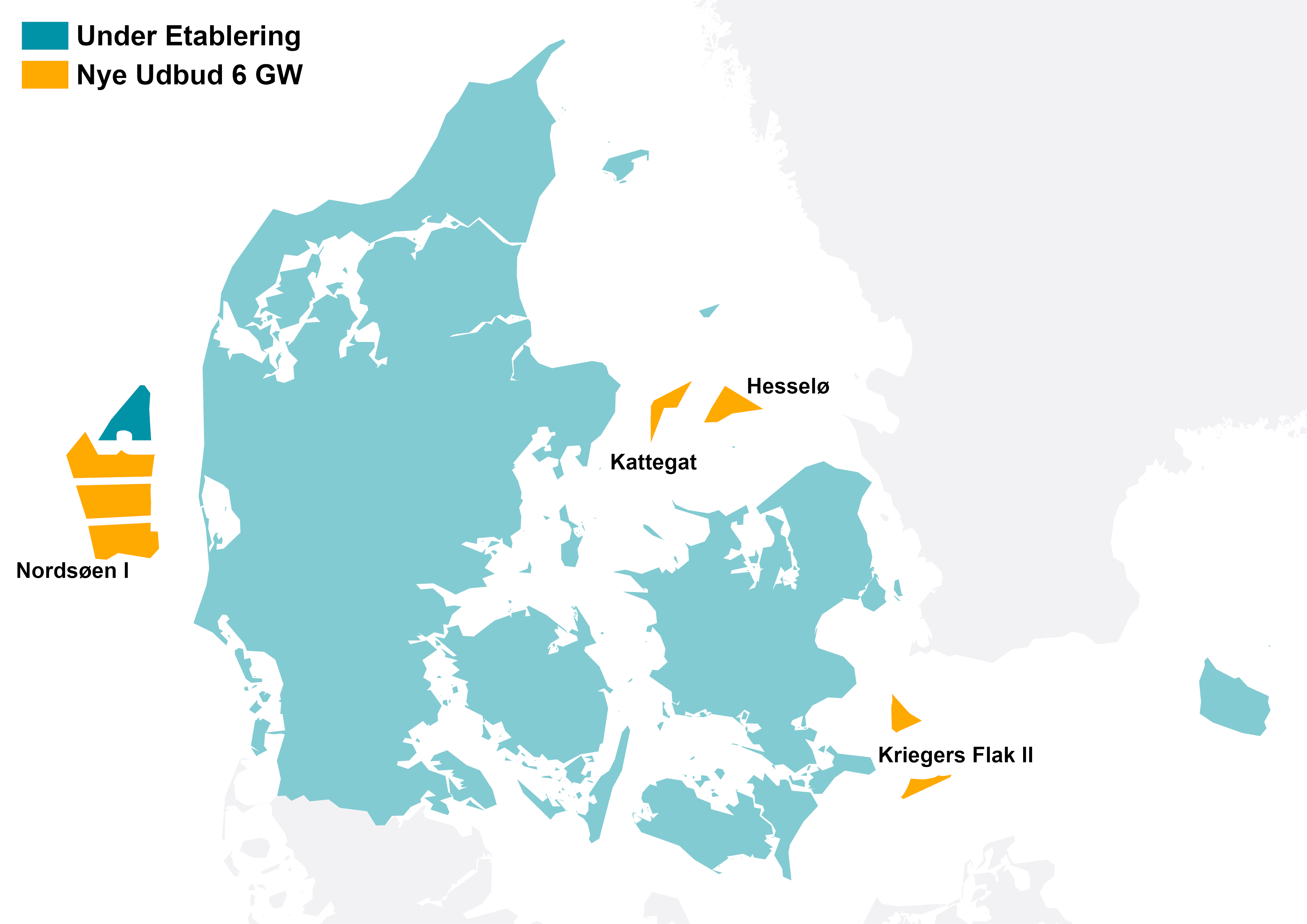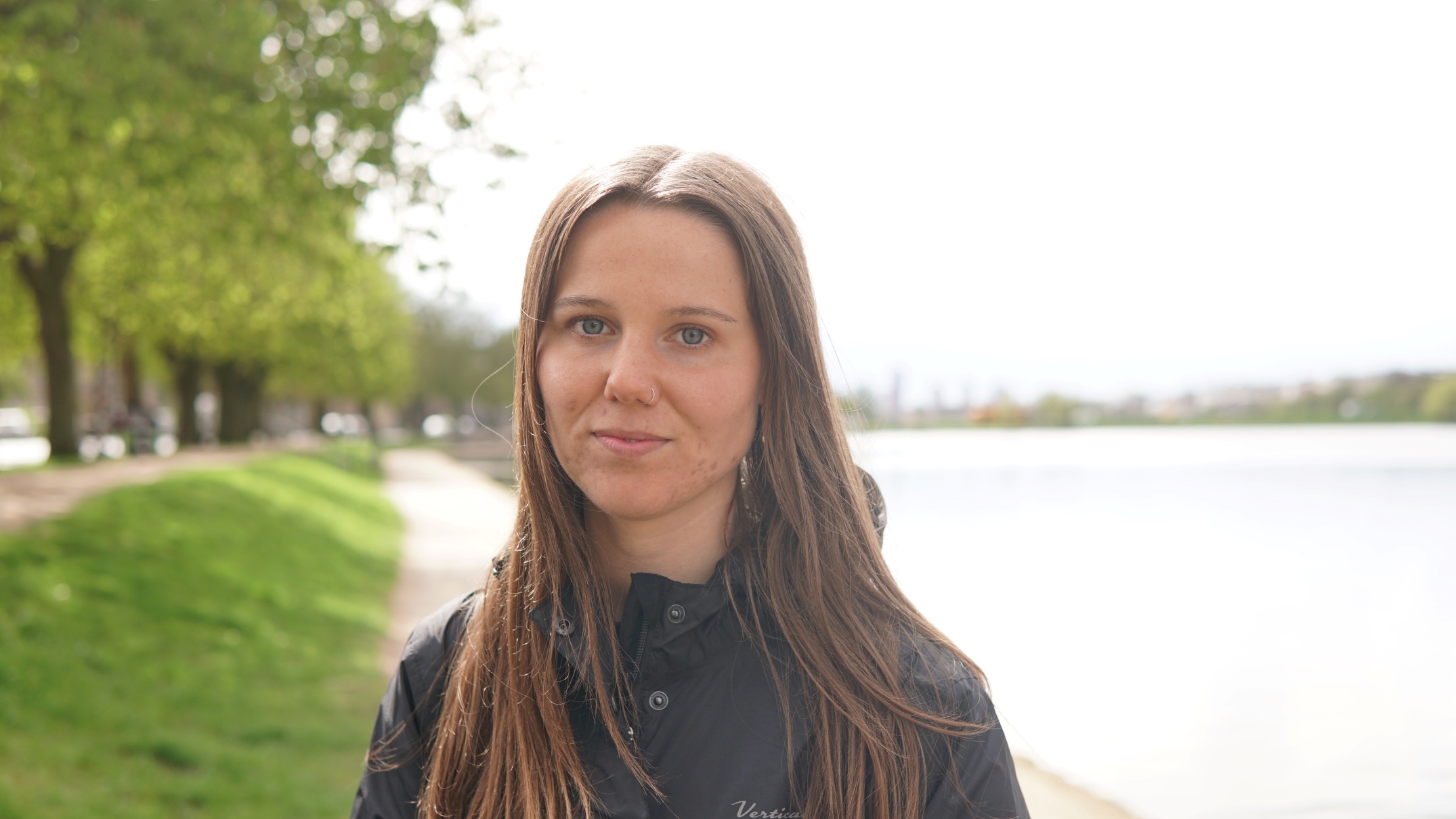DenmarkÂ’s second largest city has an identity complex with its name that its current mayor has decided to try to solve.
Århus mayor Nikolaj Wammen is tired of the difficulties the Scandinavian letter ‘Å’ causes when dealing with the international community and wants the city’s name to return to its original spelling of ‘Aarhus’.
‘The world has changed a lot since 1948,Â’ he said. ‘No one at that time could have imagined the internationalisation weÂ’ve experienced, the internetÂ’s development or digitalisation.’
Per legislation passed in 1948, the letter ‘Å’ was officially made part of the Danish alphabet in 1955, initiated as a substitute for the aa diphthong. The pronunciation of the letter can be described as a sound roughly somewhere between ‘ah’ and ‘oh’, and it is the last letter in the Danish alphabet.
Presently, Aalborg still uses the double a, as do the towns of Aabenraa and Grenaa.
Indications have always been that a majority of townspeople prefer the older spelling. But Wammen said he did not want to force the change down city residentsÂ’ throats and would let the city council make the final decision.
‘We’re going to have an open and prejudice-free debate on the issue. There are a lot of emotions connected to the city’s name and it shouldn’t just be changed under people’s noses overnight,’ said the mayor.
But the Danish Language Board has made its position clear on the matter before and believes the Scandinavian ‘Å’ is the correct way to write the sound and should be used in all cases except for people’s names.
Niels Davidsen-Nielsen, the boardÂ’s former chairman, said that the tendency to accommodate the English-speaking world weakens the Danish language.
‘I have nothing against English as the language of communication for international purposes, and I was among those responsible for calling Handelshøjskolen “Copenhagen Business School” in English,’ he said. ‘But that doesn’t mean we should stop using the Danish name in Denmark. It’s not like the Americans are coming here and telling us to do it – we’re doing it ourselves.’
Davidsen-Nielsen argued that a big problem with the whole ‘English’ debate – of which he believes the Århus issue is a part – is that most Danes are not as good at English as they might think. He added that around 1 million Danes don’t understand English much at all.
Yet leadership at both Århus’ chamber of commerce and at Aarhus Universitet (spelled the ‘English’ way) believes the city’s name change would be beneficial on an international level.
‘It creates unnecessary confusion for communication when a city name is spelled with a special Danish symbol,’ said Lauritz B. Holm-Nielsen, rector at Aarhus University.
Some politicians have accused WammenÂ’s proposal as merely being a publicity stunt with no real benefits to be gained by the move.
‘It’s a pseudo-discussion based on snobbery and nonsense,’ said Jette Skive, regional committee member for the Danish People’s Party for Mid-Jutland. She added the proposal would ultimately be too expensive to implement.
But Wammen said the move could be done in true ‘Jysk’ fashion – in other words, on the cheap.
‘We don’t need to throw a tonne of money into changing signs, letterhead and so forth,’ he said. ‘We can implement the change gradually when we routinely renew our inventories. But the debate shouldn’t be about cost – it should be about how we best brand Århus internationally.’
Wammen said he hopes to have the issue before the city council by the summer, with a final decision on the matter made by the end of the year.
Århus was originally called ‘Arus’ in the Middle Ages and became Aars through the pronunciation of local dialect. The name Aarhus became permanent in the 15th century, etymologists believing the ‘hus’ was probably the influence of German merchants














